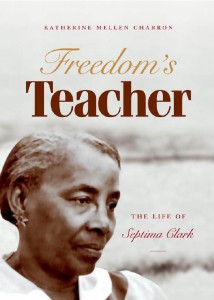Avery Research Center is inviting proposals from across disciplines for its Fall 2013 Conference and Symposium: “Unleashing the Black Erotic: Gender and Sexuality-Passion, Power and Praxis”. This conference and symposium seeks to articulate the wide, varied, and expansive nature of gender and sexuality, and the performance of both. It also aims to teach us how to understand, embrace, and harness the power, beauty, and essence of the erotic as a key to our positive evolution as people.
We invite proposals from across disciplines. We are most interested in proposals that address aspects of the following topics:
- Black bodies in popular culture
- Black sexuality in television, film, and literature
- Queering the Black body in art and performance studies
- Iconic Black Queer motifs
- Sex and Sexuality and Black Faith
- Naughty, but nice: Black women and the politics of respectability
- Black Erotica, Romance Novels, Comic Books
- The Black Body and Public Health
- Hip Hop and the Hypersexuality of Black Women
- Alternative Modes of Black Love and Family
- The Politics and Economics of Porn
The deadline for proposals is May 10, 2013; complete papers due by August 1, 2013. Please
send all paper and panel proposals to friersons@cofc.edu with your name, institution, title,
email address, presentation title and format, along with a 150 word abstract, brief bio, and
recent cv. Please put “Unleashing the Erotic” in your subject line. Presentations will be
limited to twenty minutes.
For additional information, please contact Dr. Patricia Williams Lessane, Executive
Director, Avery Research Center, at lessanepw@cofc.edu and Dr. Conseula Francis,
Associate Professor, English Department and Program Director, African American Studies
Program (AAST) at francisc@cofc.edu.
Information regarding registration, lodging, and symposium schedule will be available on
the Avery Research Center’s website beginning in May 2013.







Recent Comments